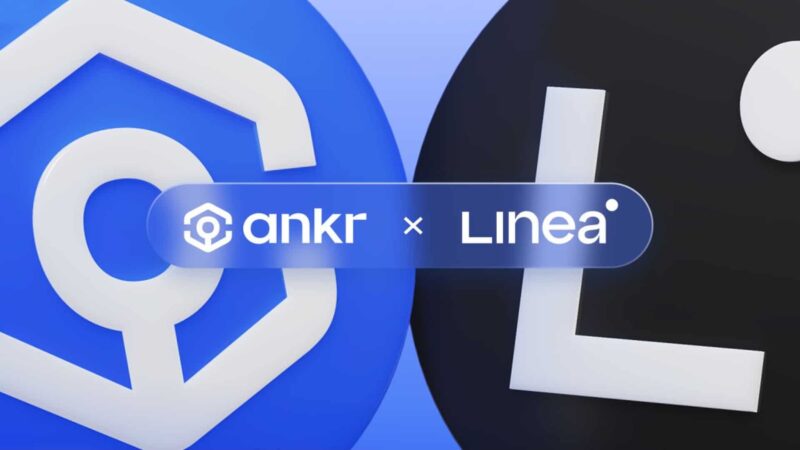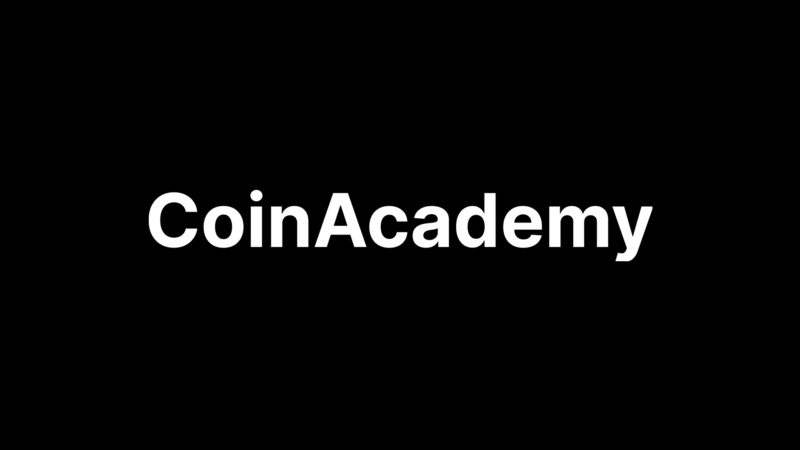Robinhood is offering tokens backed by unlisted stocks like OpenAI, without the consent of the companies involved, raising serious legal issues.
These tokens do not offer voting rights, access to information, or protection in case of bankruptcy; they are considered securities by the SEC.
Precedents like Linqto show the dangers for investors, but some see it as a way to accelerate legal adaptation to innovation.
Tokenized Company Shares: A Legal Gray Area?
Robinhood has unveiled a new tool to attract European investors: tokenized ‘shares’ of unlisted companies like OpenAI. At first glance, the idea is brilliant. But behind the techno-financial veneer, lawyers are sounding the alarm. Starting with John Montague, a crypto lawyer in the U.S.:
“It’s a legal minefield. One wrong step could be costly.”
From the Dream of Accessibility… to Legal Reality
Robinhood’s stated goal: democratize access to shares of private startups, previously reserved for funds and the ultra-rich. How? By issuing tokens backed by an investment vehicle (SPV), meant to reflect a fraction of shares of companies like OpenAI. Problem: neither OpenAI nor the other companies involved have given their consent.
OpenAI is clear: this offer is “unauthorized” and likely “illegal.” And Robinhood is not the only platform in the spotlight. In April, Figure AI, another rising star in AI, had already sent warnings to several brokers for reselling its shares without the board’s approval.
A Simple Flaw or a Legal Abyss?
The risk is not just a slap on the wrist. Montague believes there’s a strong likelihood that companies will sue Robinhood and its partners.
“Creating an SPV to bypass a shareholders’ pact or internal regulation is a goldmine for corporate lawyers.”
In short: token holders have no voting rights, access to strategic information, or guarantees in case of bankruptcy. These are derivatives, without any real capital connection. And for the SEC, that’s called a security. Commissioner Hester Peirce has made it clear: any such offer must strictly comply with federal securities laws.
A Troubling Precedent: Linqto
The relatively unnoticed Linqto case serves as a warning. This platform also offered tokenized exposure to private companies and has filed for bankruptcy. Result: total uncertainty for token holders. There’s no guarantee they will recover anything in the liquidation process.
A Risky Bet… but Necessary?
“They’re taking a real risk, but they’re forcing regulation to wake up. And that could benefit the entire ecosystem.”
Nevertheless, Montague acknowledges one thing: without initiatives like Robinhood’s, the law will not move forward.
The question remains whether investors will understand that they are buying a token, not a share. And most importantly, if the next AI bubbles will not be inflated with substanceless tokens.




